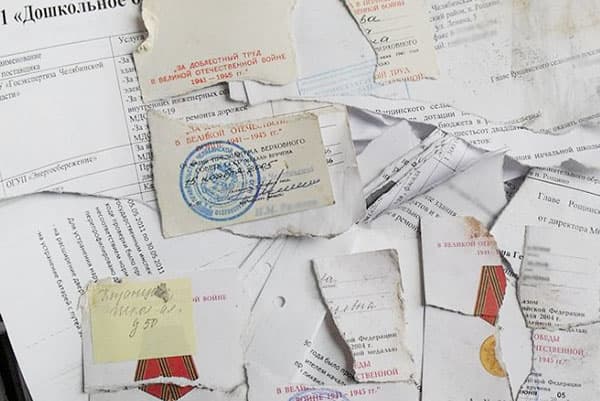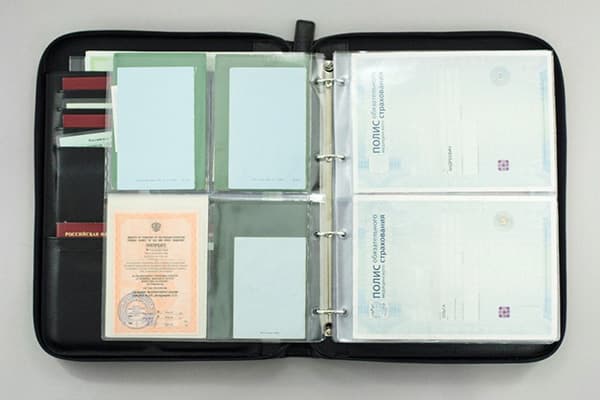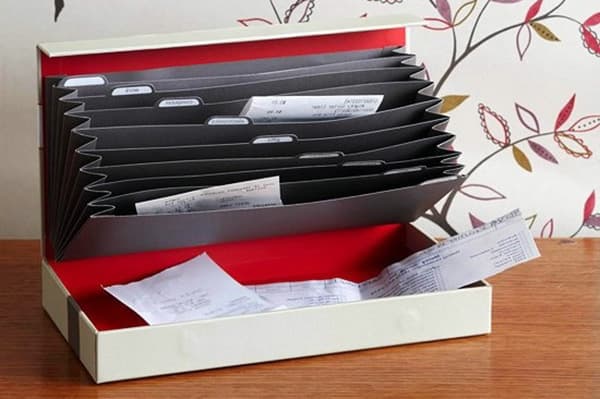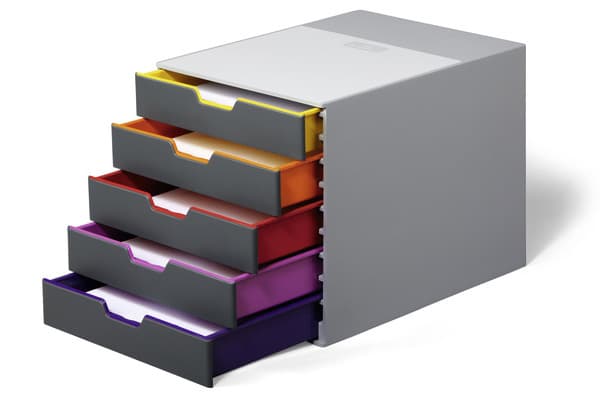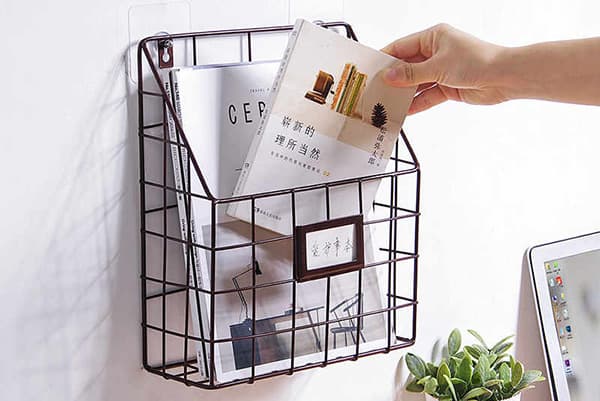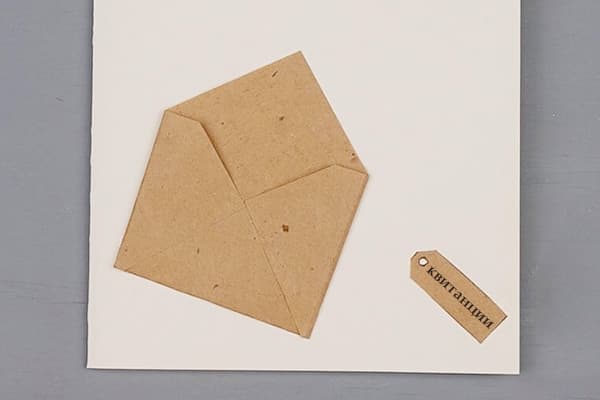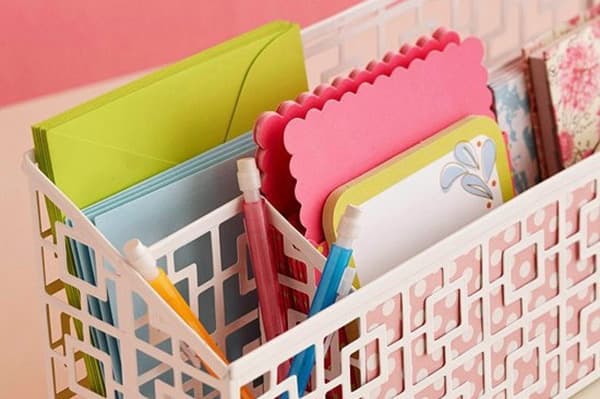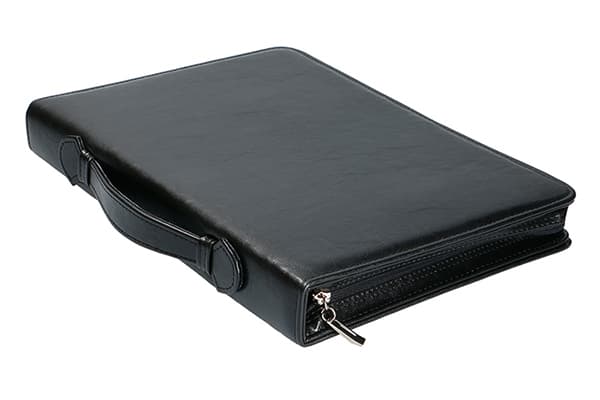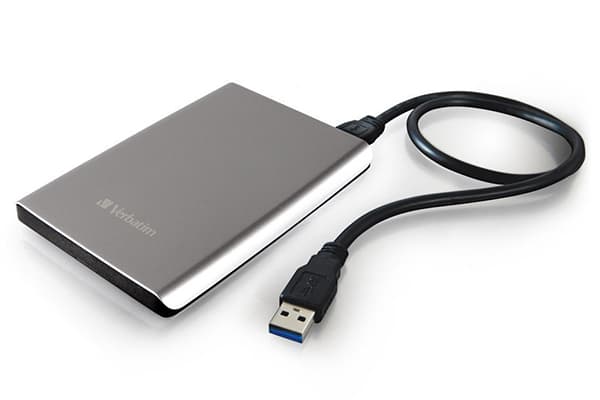How to conveniently store documents at home?
There are many situations in which we use insurance policies, certificates, and certificates. Therefore, in order to have the necessary papers at hand, people are forced to store documents at home. But how to do this correctly so that nothing is lost or spoiled?
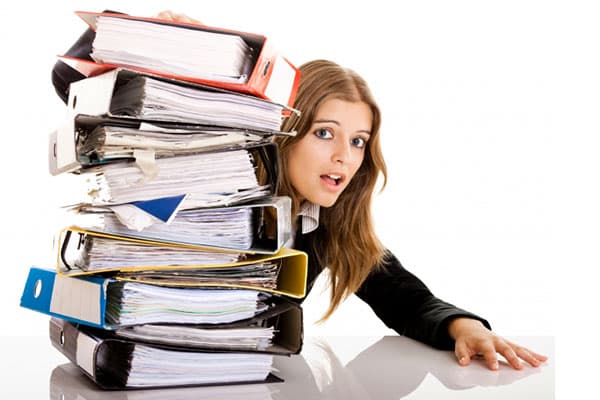
What documents need to be kept?
Any modern person has a lot of pieces of paper for all occasions. But not every one of them is worth storing.
Here is a list of documents you must have at home:
- The list opens with passports and other family documents. For example, wills, certificates.
- Certificates, powers of attorney, receipts and other things related to real estate and transport.
- Diplomas, diplomas, attestations, certificates confirming the availability of education.
- Papers related to professional activities: work books, agreements, contracts.
- Examination results, medical policies and cards.
- Warranty cards, receipts for household appliances and furniture.
- Tax related papers.
Separately, you can select electronic documents or simply data in digital format. As a rule, they correspond to one of the above points and are also subject to storage.
How long should papers be kept?
Documents can be divided by storage time. It depends on the validity period of each specific crust.
- Permanent. Such papers should always be at hand.These are marriage certificates, birth certificates, diplomas confirming education, medical data, information certified by a notary, wills, pension certificates.
- Long-term. Documents for real estate, cars and expensive items. These also include professional papers. You can also define checks and receipts here. This is something that is stored for a long time and remains relevant over a certain period of time.
- Short term. It is recommended to keep certificates of services from doctors, lawyers, and teachers for three years. Utility agreements and statements assume the same period.
- Useless. You can immediately throw away unnecessary educational and information materials, instructions for thoroughly studied things, calculation sheets, etc.
Separately, we can note optional documents, which, however, are of great importance for their owner. These include personal diaries, notes, photographs and other memorabilia. Usually such things also last a long time.
Therefore, it is advisable to throw away everything that is not currently used and cannot be useful in the future. To maintain order, you need to regularly clean out your bins and get rid of accumulated garbage, while at the same time sorting out really important documents.
Tips for storing essential papers
As a rule, most homes store papers as standard.
- First, documents are sorted by areas: home, work, medical and others.
- Then they are placed in signed folders, which will definitely prevent you from getting lost in the papers.
- The resulting sets are placed in a separate box or bag. By the way, for convenience, partitions are often made inside the “container” to prevent the folders from mixing.At the same time, you need to make sure that the storage location is inaccessible to children and animals, but located conveniently for use.
It's a good idea to keep frequently used personal documents separate. Your passport, medical card, Taxpayer Identification Number (TIN) and pension certificate will fit comfortably in plastic bags closed with a zipper. Such packages are airtight and will keep the contents in perfect order, preventing it from, say, getting wet. At the same time, health-related documents should be stored as accessible as possible - so as not to waste time if they are urgently needed.
It is always a good idea to have photocopies of important papers at home. There are all sorts of cases, and such a reserve can help out in an unforeseen situation.
Particularly important documents can be placed in a safe. The modern market offers a large selection of storage facilities, so any buyer can choose something suitable. But it is better to keep documents in a safe not in plastic folders - in the event of a fire, the material that composes them melts faster than paper.
Non-trivial ways to store documents
Does the description seem boring? No problem! There are more interesting, convenient ways to store papers.
-
- Organizer board. There are many options for such a device. In its simplest form, it is a panel to which papers are attached with buttons. In more complex versions, the board may have small drawers and hanging mounts.
-
- Mini dresser. It is exactly the same as a regular chest of drawers, but much smaller. It is very convenient to store documents in it. Being sorted into different compartments, they will never get lost! The drawers in the chest of drawers can have different sizes: small ones for small pieces of paper, large ones for drawings.
-
- Hanging box. Just a small box or basket attached to the wall like a mailbox. In such a thing, placed in the hallway, it is convenient to store brought letters and receipts.
-
- Envelope pocket. Similar to the previous option, but it is not a box, but an envelope. You can attach it to a table, refrigerator, closet. Allows you to store temporarily necessary documents without taking up valuable space.
-
- Waste basket. No, not trash - special, for storage. Placed on a table or in a closet, it can have several compartments. A simple, inexpensive, yet effective way to store documents.
-
- Frequently used papers can be kept in a briefcase folder. It has a carrying handle. It is designed so that the documents in it do not get wrinkled. Typically designed for A4 paper. If necessary, in order not to waste time looking for the necessary crusts, you can simply grab a briefcase folder and run about business.
We use digital technologies
Instructions for medications, devices and office equipment take up a lot of space. It is much easier to store them electronically. To do this, you need to find the same information on the Internet and compare it with what is available on the material source to ensure its identity. You can simply take a photo of the instructions and save them in a folder on your computer. You just need to select the latter in such a way that you don’t accidentally delete it. It is better to write another copy of the resulting files onto an external medium, such as a memory card, or send it to cloud storage.
Just in case, you can scan other documents. But then you should be concerned about the security of the electronic system from a possible hacker attack. No one likes personal data leaking on the Internet.
By the way, using a computer or mobile phone is convenient for tracking the expiration dates of papers. It is enough to simply enter the required dates into the “calendar” so that the electronic device notifies you about the end of the validity period of a particular crust. Then all that remains is to get rid of unnecessary paper.
Perhaps the main rule for storing documents at home is simple: careful and regular work with household papers is the key to ensuring that the necessary document will not be lost at the most important moment.
Not all documents are worth keeping. But there are many papers that each of us should have with us. They need to be kept in safe and secluded, but fairly easily accessible places. You can make electronic and regular copies of documents - they will probably be useful. In any case, careful storage and careful sorting of papers will help keep them safe.
